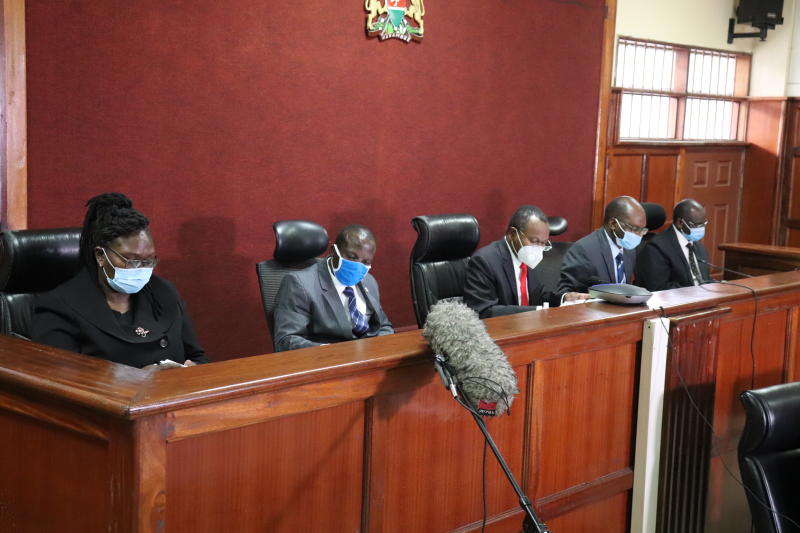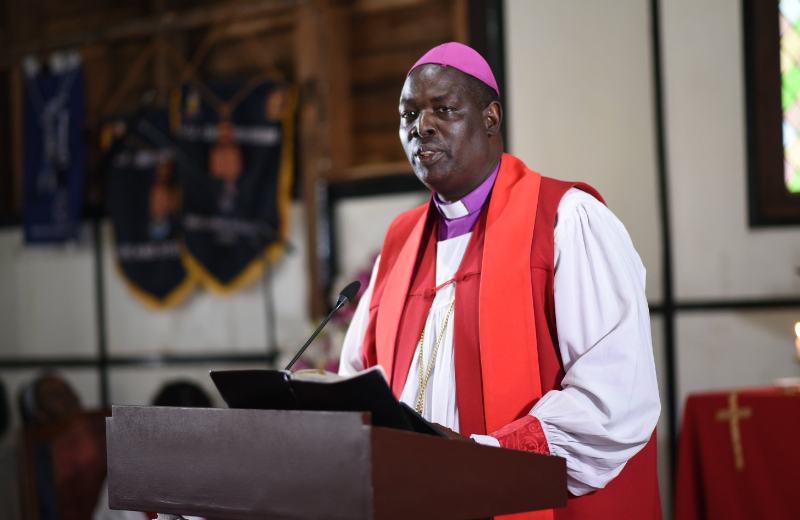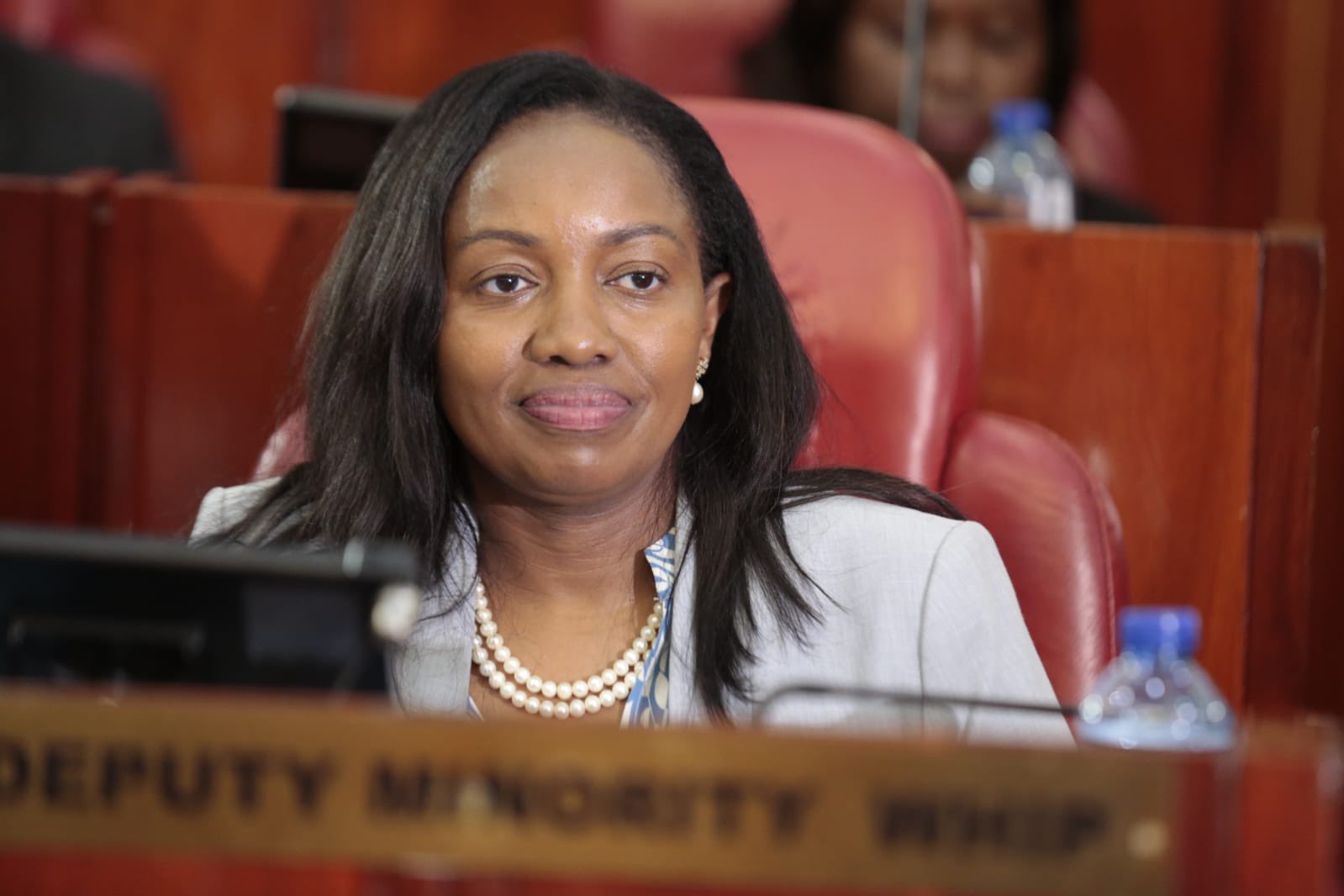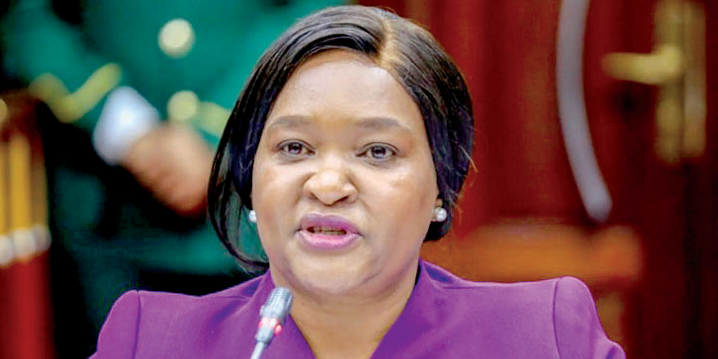How High Court ruling disrupted BBI’s road map

Rawlings Otieno and Anthony Mwangi
The High Court’s declaration of the Building Bridges Initiative (BBI) as illegal has thrown plans to hold a referendum this month in disarray and opened a long legal battle that could end up in the Supreme Court.
The BBI promoters had anticipated a smooth ride but strong forces against it appear determined to shoot it down or use the courts to delay it until it is too late to hold a referendum.
Matters are complicated by the fact that some of the proposals in the Constitution (Amendment) Bill, 2020 had constitutional deadlines.
And even if the Court of Appeal overturns the High Court verdict, chances that the Independent Electoral and Boundaries Commission (IEBC) will hold a referendum 12 months before the election to effect the changes to usher in 70 new constituencies proposed in the BBI will be a tall order.
Offending clause
Macharia Munene, a professor of History at the United Stated International University, said as things stand, chances of holding a referendum in the near future are slim.
“It will be a tall order to have a referendum before the general election. There is a likelihood of aggrieved parties seeking redress in the Supreme Court further delaying the process. The timelines will not be met,” Munene told People Daily.
But he said the proponents could still find a lifeline by going to Parliament to amend the “offending clause” and extend the timelines from the one year hurdle.
“Parliament has an opening to capitalise on by enacting the Referendum Act which seeks to remove the clause which bars many changes to the Constitution one year before the elections,” he added.
But National Assembly Leader of Minority John Mbadi (Suba South) expressed optimism that the Court of Appeal could dispense with the case next month.
He said if the case were to move to the Supreme Court, the apex court would be compelled to expedite the matter given its magnitude and public interest.
“There are chances that the Court of Appeal will deliver a ruling in July. And even if the case spills over to August or September, we can still hold a referendum in October or November,” Mbadi said.
Fallback plan
Mbadi said he read mischief in the delay by the High Court to deliver on their verdict.
“If they had delivered this verdict early enough, we would have already dealt with it at the Court of Appeal,” said Mbadi.
On Wednesday, the Court of Appeal gave the parties 14 days to file submissions, with the hearing set for June 29 to July 2, after which judges will retreat to write the judgment.
But Murang’a Senator Irungu Kangata said BBI was dead and advised proponents to come up with a plan B.
“They need to have a plan B. Constituencies are key selling points of BBI. They should have frozen articles 89(2) and 89(4). But they froze 89(4),” said Kangata.
BBI proponents had initially settled on a referendum in June, which was later pushed to July, but as it stands the electoral commission cannot act on a referendum until the case is decided.
Asked if the proponents have a fallback plan should they not get a favourable ruling from the Appeals Court, Mbadi said all parties supporting the process will sit and agree on the way forward.
But BBI secretariat co-chair Dennis Waweru remained tight-lipped on their next course of action.
“Let us wait for the court process to end. We will first exhaust all the available established channels of appeal,” said Waweru.
Homa Bay Town MP Peter Kaluma said that although the case is in court, the review process initiated by BBI is on course.
“We don’t have any secondary plan. The laws, including the Constitution, are made for man, not man for the law.
When a law ceases to serve its purpose or is ineffective, it is amended and a new law is enacted to keep up with the call of the times,” said Kaluma.
Of concern to the BBI proponents is the creation of the 70 new constituencies.
Article 89 (2) of the Constitution says any review of constituency boundaries must be completed at least 12 months before a general election.
The article further states that if a general election is to be held within 12 months after the completion of a review, the new boundaries will not apply in that election.
This means that even if the Constitution is amended through a referendum, the new electoral units will only take effect in the 2027 polls.
Constitutional lawyer Bob Mkangi contends that assuming the process is unlocked, the referendum results and delimitation of constituencies could be challenged in court.
Public interest
“Since BBI is tied to August 2022, the likelihood of the process getting parked grows every time the likelihood of it maturing before 2022 reduces.
It is more of a pre-election pact than a constitutional building exercise. Let’s wait and see how the Court of Appeal will decide,” said Mkangi.
Mkangi, a member of the Committee of Experts that midwifed the 2010 Constitution, said that if the BBI proponents pose and continue after elections, it will be proof that the process was in public, not parochial political interests.
“The BBI timelines are subjective and do not affect in any way General Election in August 2022.
The constitutional calendar flows unhindered, with or without the BBI changes. That’s why the billion-dollar question is, why did the promoters tie everything to August 2022?” posed Mkangi.
Just after Parliament had passed the Constitution of Kenya (Amendment) Bill, the High Court stalled the process with the declaration that the legislation was unconstitutional.
IEBC, which is required to hold a referendum within 90 days of notification by the President, was also stopped from making preparations.










